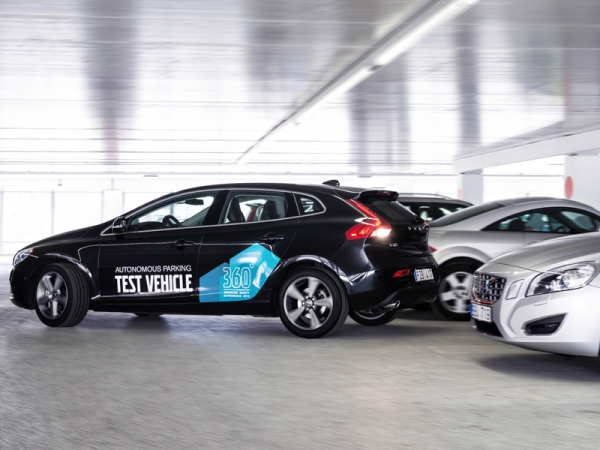
More details on driverless cars
- UK cities can now bid for a share of a £10 million competition to host a driverless cars trial. The government wants cities to join together with businesses and research organisations to put forward proposals to become a test location.
- Up to 3 cities will be selected to host the trials from next year (2015) – and each project is expected to last between 18 and 36 months and start in January 2015.
- Ministers have also launched a review to look at current road regulations
“We’ve done extensive research into human driving behaviour and believe that the key to broad adoption is ensuring the car acts a co-pilot, able to mimic human behaviours on every day routes and special occasion trips. Through a combination of connectivity, precise maps and vehicle sensor data we think we’ll see more personal, human automated driving experiences that adapt to individual driving preferences, but still leaves the driver in primary control.”
I believe the wider benefits are far more than just driver safety
Raistrick added that the wider impact on business and personal mobility for the elderly and impaired will have a huge affect on the way our roads will function in future.
He said: “For the country as a whole, I believe the wider benefits are far more than just driver safety. It will potentially allow large haulage vehicles to become driverless, thus safeguarding other road users including cyclists and pedestrians, giving the elderly more mobility and allowing society as a whole to become safely connected whilst on the move.
“Computer modelling further suggests that as cars can then safely travel closer together, the existing infrastructure will accommodate significantly more vehicles, thereby reducing congestion. As with any new technology, there will be winners and losers. However, we are probably at least a decade away from widespread public usage.”







